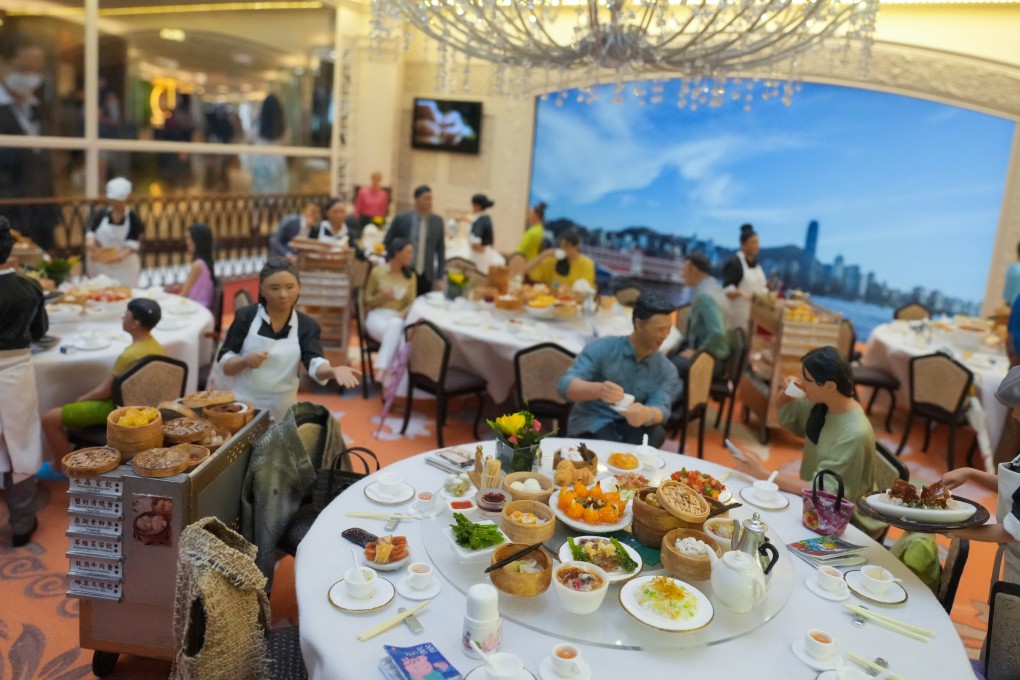My Take | Restaurant once known as rudest in London provides hope for Hong Kong
- City can go the way of Wardour Street eatery and change its image for visitors, but it needs greater understanding, not more cheesy adverts

There is a Chinese restaurant in London which has achieved legendary status, famous for its service rather than the food. And not in a good way.
Wong Kei, in Wardour Street, in Chinatown, forged a reputation for brusque service in the 1980s and 90s and has, in the past, been described as the rudest restaurant in the capital.
Such was its notoriety, the treatment meted out to customers became part of the restaurant’s appeal. People would go there to experience it – all part of the entertainment.
Wong Kei, after changes of management, appears to have cleaned up its act. There are even some five star reviews on Tripadvisor, among less flattering critiques.
Hong Kong has long faced a similar reputation for its service. This month, the Tourism Board launched yet another campaign intended to improve the experience of visitors and to get everyone smiling.
The “Let’s Go the Extra Mile” campaign encourages frontline workers, from civil servants to waiters, taxi drivers and sales assistants, to be warm and welcoming, polite and friendly. It comes as the city is striving to bring inbound tourism back to pre-pandemic levels.

